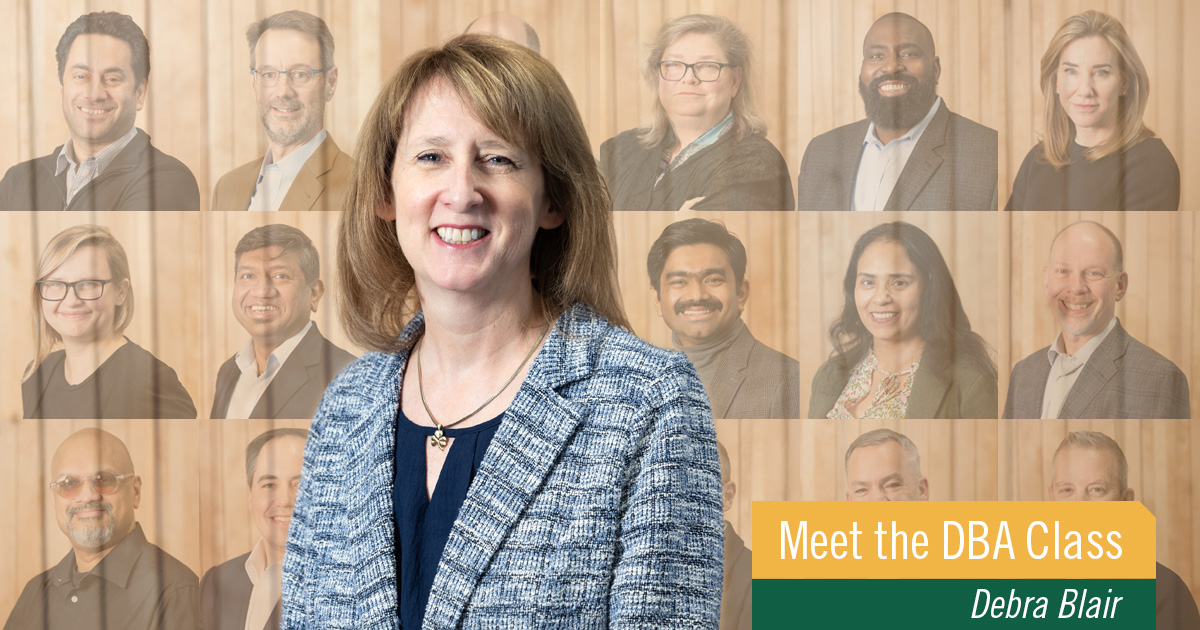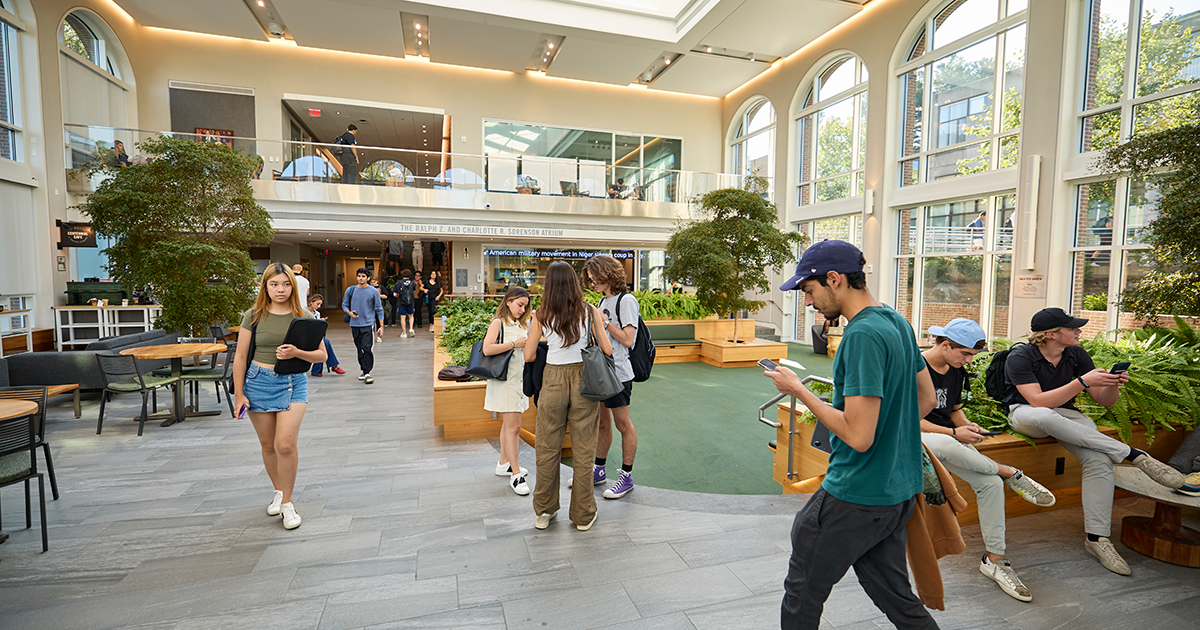Not Sure What to Do with the Leftover Meals on Your Dining Plan? Here’s an Idea.
Mircea Ghita had an idea. It was a simple idea, a powerfully simple idea, one that had great potential to help those in need.
And so, motivated by the can-do entrepreneurial spirit of one of his classes at Babson College, Ghita decided to give it a go. His idea? Take the meals left over on his dining plan and use them to feed the homeless and the hungry, and then convince some of his friends to do the same.
“I had so many meals left at the end of the semester,” says Ghita, an exchange student from Romania who attended Babson for the fall 2019 semester. “I thought, ‘What could I do with them?’ ”
In the end, 115 meals were collected, and Ghita and three of his friends trucked them to Boston’s Copley Square and spent the better part of a day handing them out. “It’s not too much compared to all the homeless people in this world,” Ghita says. “The problem is much bigger than that.”
That may be true, but for one day, Ghita and his friends helped to make the lives of those who don’t have a lot a little better.
Classroom Inspiration
Ghita was inspired in part by The Ultimate Entrepreneurial Challenge, a popular, long-standing course, taught by lecturer Len Green and provost Mark Rice, that seeks to test students with real-world business challenges.
One of the class assignments is what’s known as the market survey, in which teams of students take turns procuring enough food to feed the class one day. This assignment comes with one critical catch: The team obtaining the food can’t pay for it. Instead, they negotiate with restaurants and stores, offering help—with marketing, social media, or whatever else they can think of—in exchange for the food.
“It really showed to me that, if you want to do something, you can do it.”
Mircea Ghita
Seeing how creative and entrepreneurial the class was in obtaining food, Ghita thought those skills could be applied outside the classroom. If they could feed their classmates for free, why couldn’t they do the same for those less fortunate?
“It really showed to me that, if you want to do something, you can do it,” Ghita says.
Hearing Stories
In all, seven students contributed their leftover meals to the cause. Chartwells, Babson’s dining provider, happily filled the order, loading boxes with sandwiches, snacks, bananas, and water. Ghita and three of his fellow exchange students, Ottilie Dijkstal, Akshay Khanna, and Jonne Tiili, then took an Uber with the boxes into Boston.
Arriving at Copley Square, the students soon realized that those in need might not approach them. So the students began walking around the area, offering food to those who wanted it. Tiili, a videographer who documented the day with his camera, found that experience a bit daunting at first. In Finland, his home country, strangers usually don’t approach each other so directly.
“In Finland, people need their own space,” he says. “It’s a bit stressful to go up to people and talk to them and offer them food. It was about going out of my comfort zone.”
The homeless were grateful for the food. “Some wanted to talk to us and tell us stories of how they got there,” says Tiili. “They were thrown in this situation and couldn’t get out of it. It was quite tough to hear.”
One man, who had been sleeping outside the Boston Public Library, thanked the students for the food and then started crying. “He had had a good job,” says Tiili. “He couldn’t understand how he was put into this situation.”
It was a sobering day, but also a rewarding one. Ghita’s simple idea had helped feed people, and that made the students think about what other opportunities there could be to help those in need. “This is what we’re doing at Babson,” says Tiili. “We’re trying to find opportunities wherever we can.”
Posted in Community




